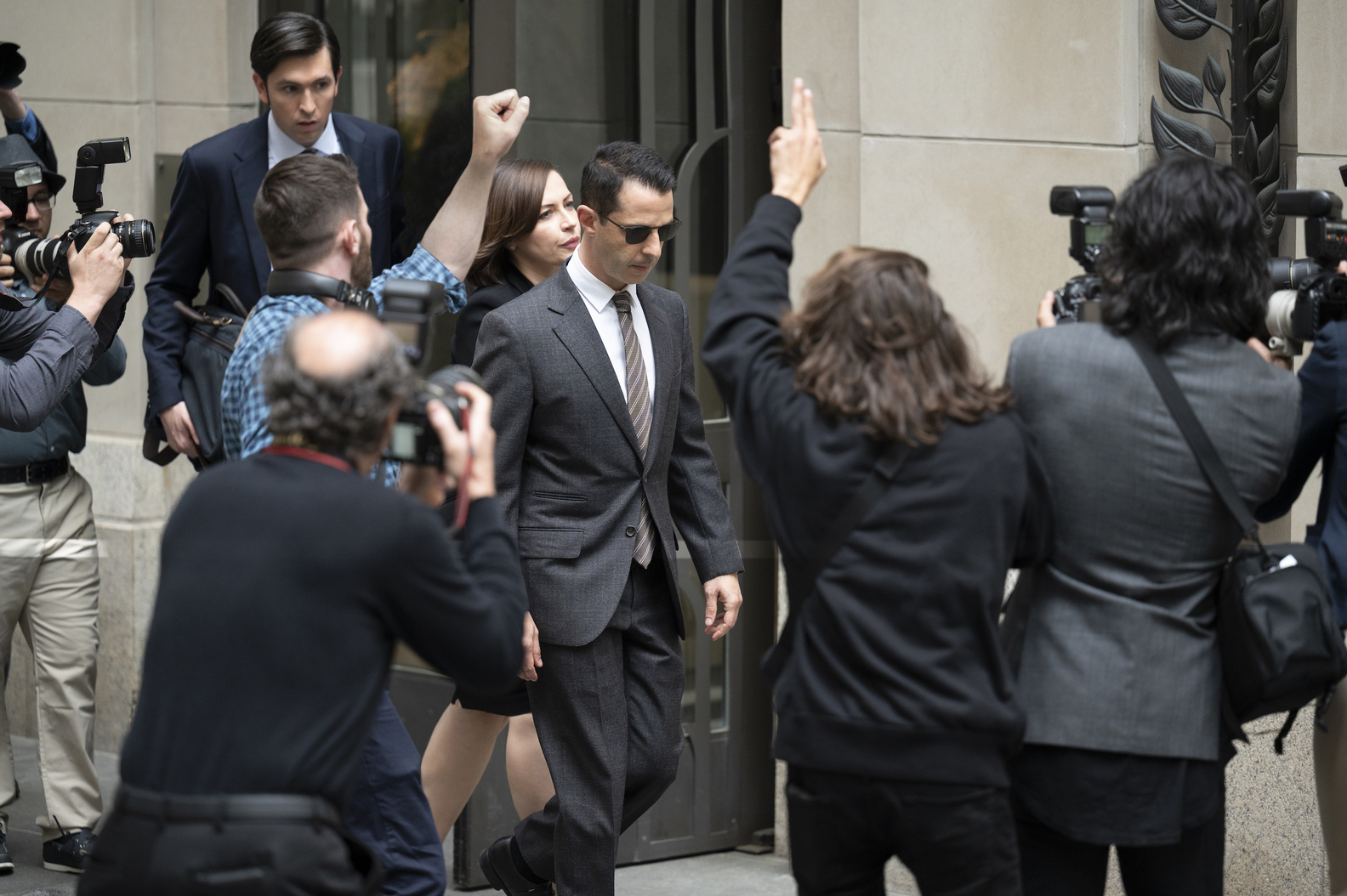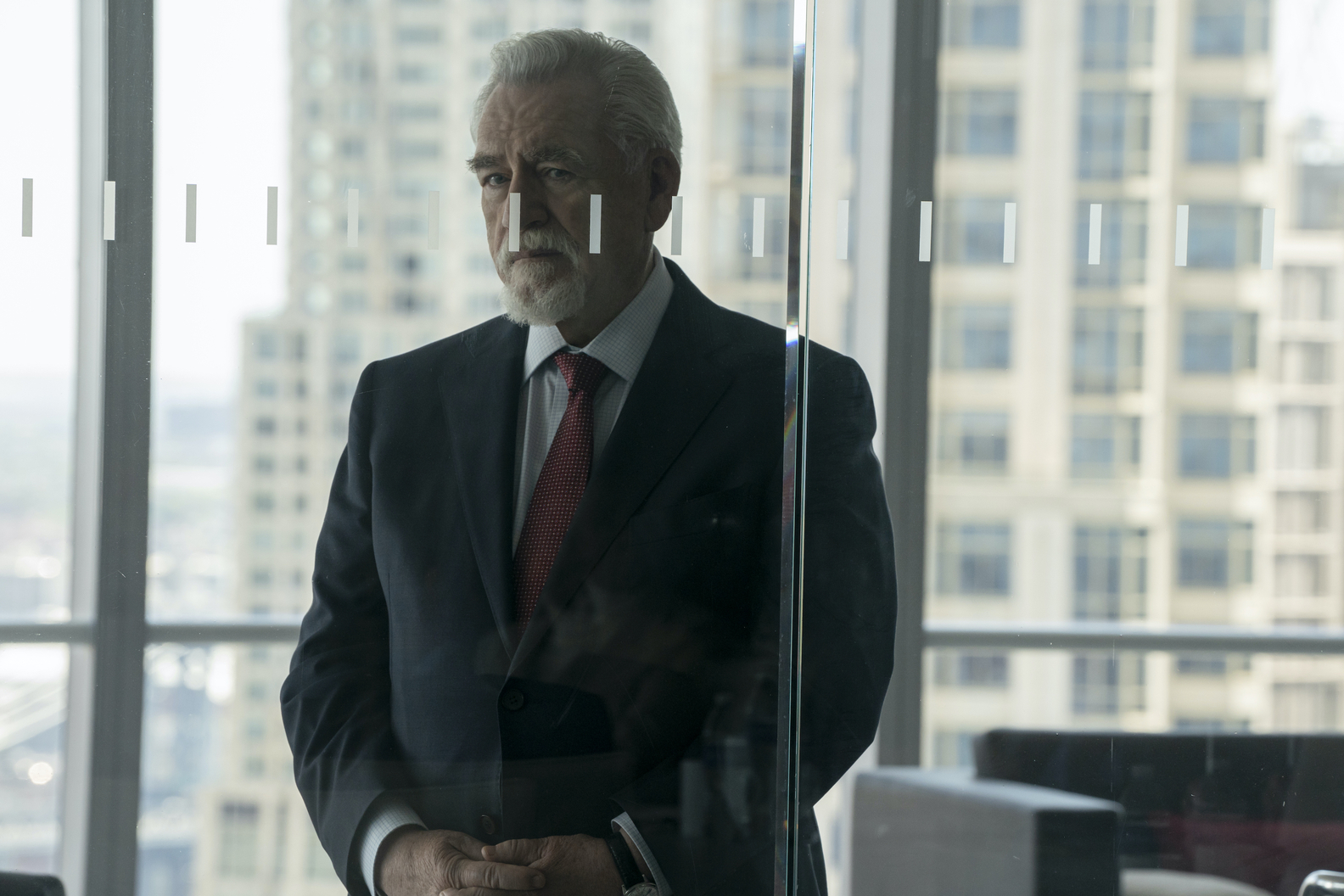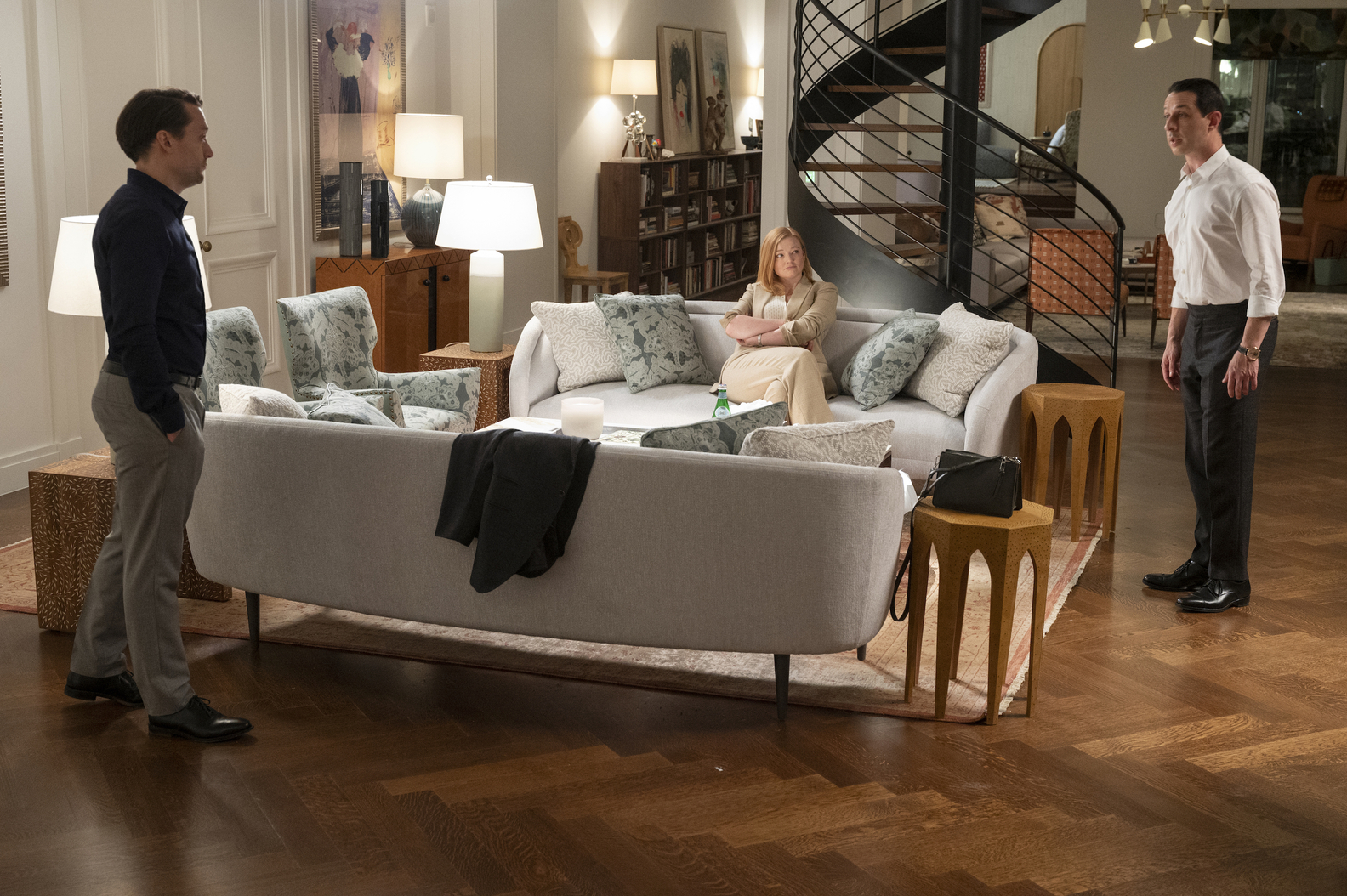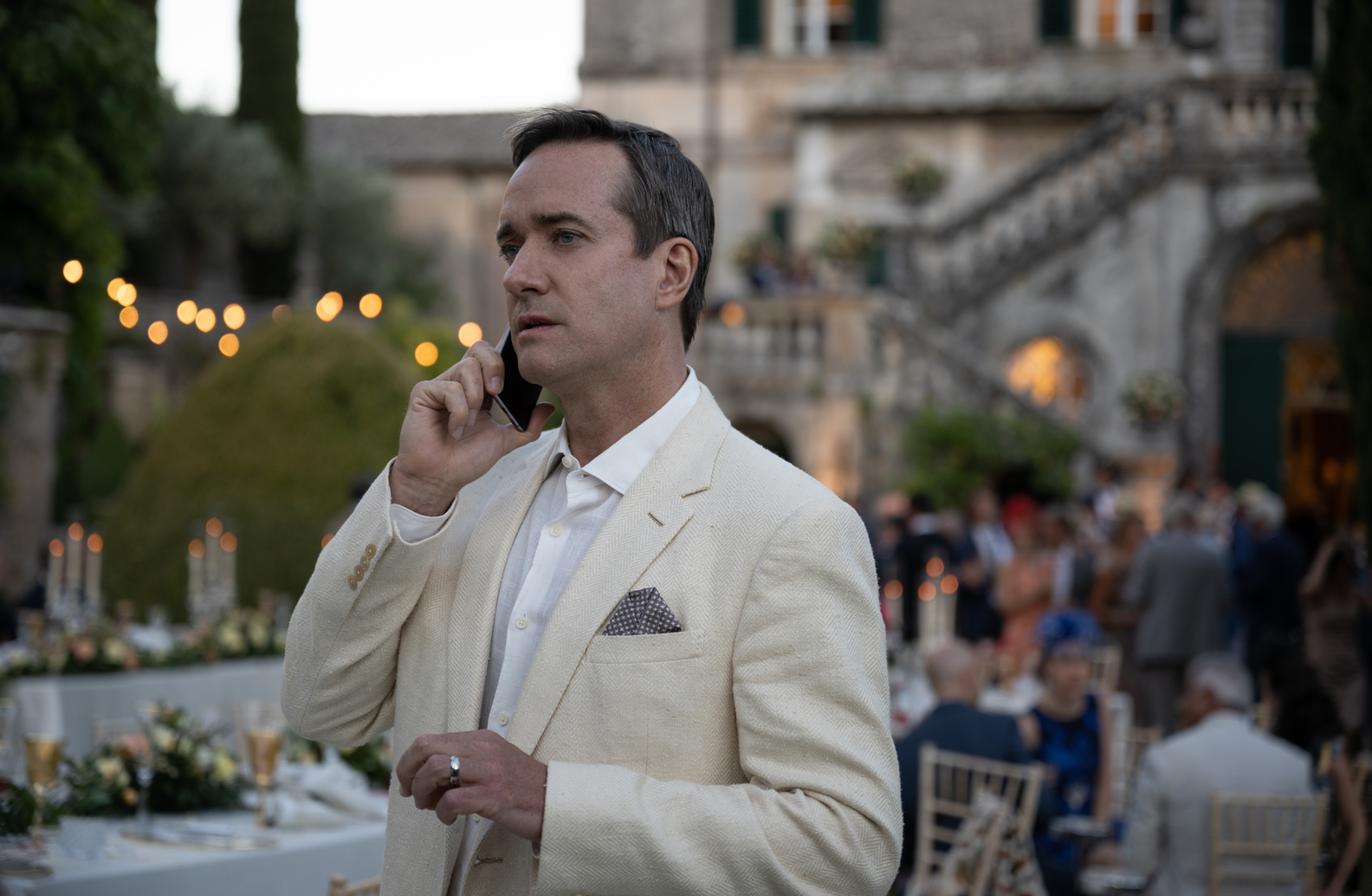Warning: the following contains mild spoilers for the latest season of “Succession.”
HBO’s “Succession” follows Kendall Roy (played by Jeremy Strong), the heir to the media conglomerate that his father, Logan Roy (played by Brian Cox), built from the ground up, as he tries repeatedly to take the reigns of the company from his father after he decides to not retire.
His first few attempts end in failure, and he continues being loyal to Logan throughout season two until he is nominated by him to absorb legal blame for the company’s coverup of sexual abuse at the cruise line division. Kendall uses the opportunity to turn on his father and starts a family civil war.
In the midst of the animosity of the situation, this is where the third season picks up. But after the show deals with the immediate fallout of Kendall exposing the coverup of sexual abuse at Waystar Royco’s cruise line, the show isn’t about that. What this season is actually about is much more interesting — Kendall’s downward spiral.

Greg Hirsch (left) and Kendall Roy (center), emerge into a media firestorm following Kendall’s press conference.
Photo courtesy of HBO
Strong adds even more wrinkles to Kendall’s character this season. He had already been the most interesting character on the show, but the dimensions Strong adds to his performance are a joy to behold.
His frenzied excitement immediately after the press conference is invigorating, and seeing the adrenaline wear off over the course of the season exposes more depths; he is a desperate, abused little kid who never was able to grow up, and can’t admit to himself why he’s fighting this fight.

Logan Roy, played by Brian Cox, intimidates the board of the company into voting his way.
Photo courtesy of HBO
To meet him, Cox levels up his performance as patriarch Logan with ferocity and a newly added element of fear. In the beginning stages of the season, when Kendall’s case is damning, Cox takes the worst father ever to new places: one of desperation.
The key element that makes this show so spectacular and has consistently earned praise is the writing team led by Jesse Armstrong. His four episodes this season, the first two and last two, are some of the best-written episodes of television I’ve seen in quite a while, bringing real depth and exploration to the characters while never letting viewers forget how awful they still are.
While the final two episodes, “Chiantishire” and “All the Bells Say,” are the best of the season, as is normal for this show that always builds up to a brilliant closer, the second episode of the season, “Mass in Time of War,” is another excellent script by Armstrong.

Right to left: Kendall (Jeremy Strong) tries to win Shiv (Sarah Snook) and Roman (Kieran Culkin) over to his side in “Mass in Time of War.”
Photo courtesy of HBO
The preceding premiere deals with a lot of plot-heavy lifting, making this episode truly fly as a result. The relationship between the four kids is the core of the show, so it’s no wonder why an episode constructed around the four of them talking in a few rooms is so engrossing and effective. As the season went on, this episode’s importance revealed itself more and more.
But the finale, “All the Bells Say,” is really peak television. A masterful script with as much forward momentum as a bullet train met with skilled direction from Mark Mylod that highlights the fantastic performances from the whole cast, all build up to a shocking conclusion that defied every fan theory posited in the weeks leading up to it.
The finale hammers home what is so great about this show. All season long, all of its plot lines and character arcs have been building up to a thrilling climax. Each season has ended with a shocker ending, with season three’s likely being the best so far.

Right to left: Kendall (Jeremy Strong) tries to win Shiv (Sarah Snook) and Roman (Kieran Culkin) over to his side in “Mass in Time of War.”
Photo courtesy of HBO
Every performance on this show is outstanding, with Kieran Culkin and Matthew Macfadyen, in particular, being better than ever. Culkin’s facial expressions both in a hilarious scene in episode eight, “Chiantishire,” which is too amazing to spoil and in the finale, are mesmerizing. Macfadyen’s tortured, terrified performance as a man putting himself through hell is some of the best work of his career.
HBO’s best show has continued to level up season to season, and at this point, it was hard to fathom how it could get any better. But with such a skilled writer as Armstrong at the helm, it did.



